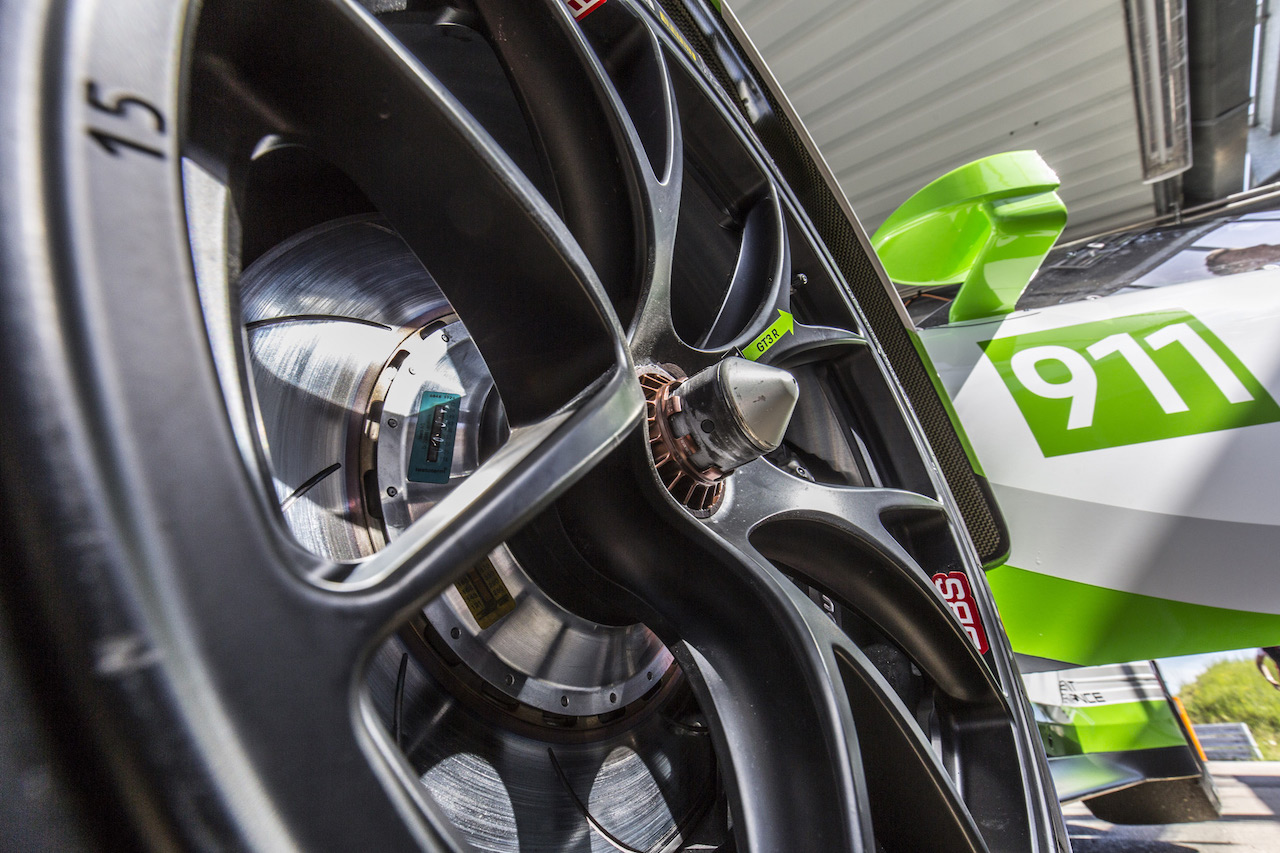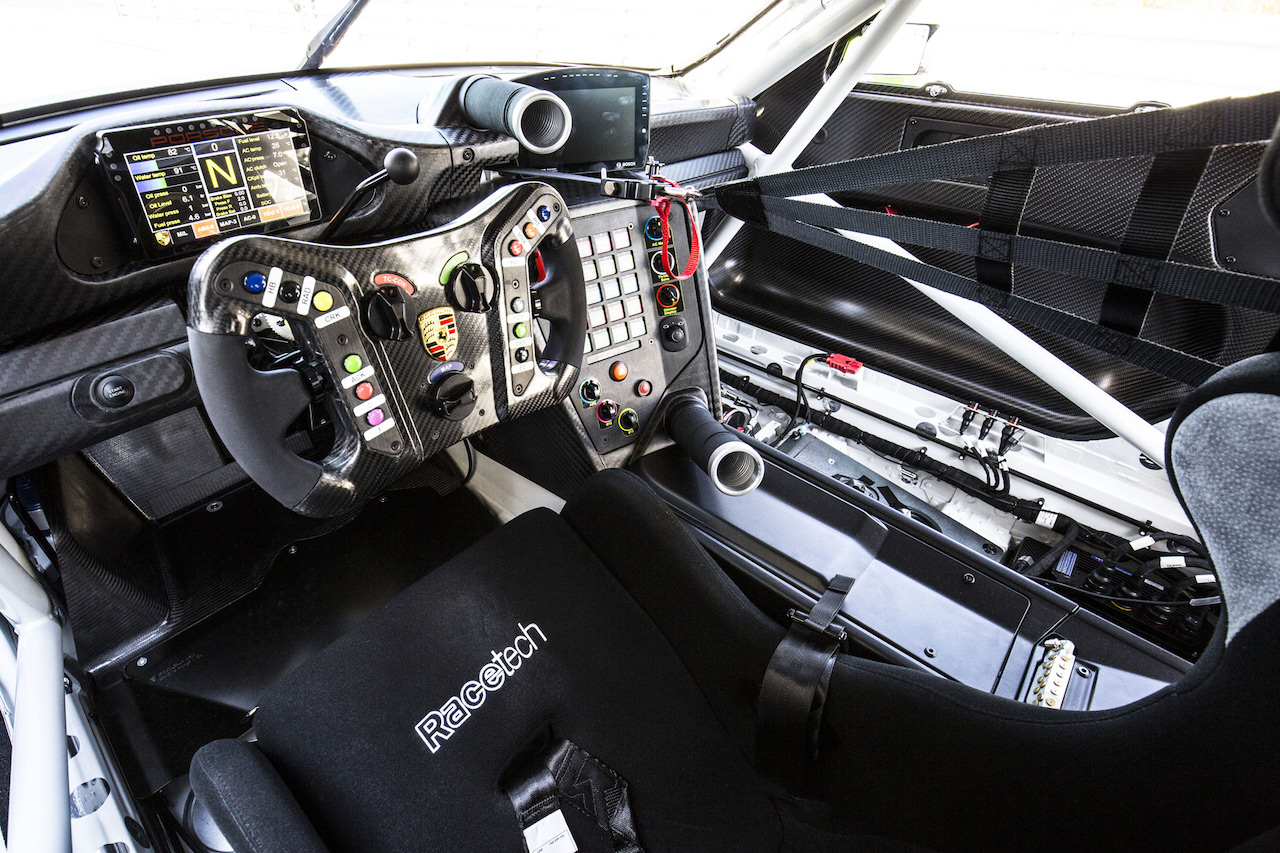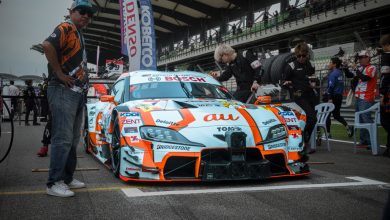Racing technology reduces consumption by 26%

There are a few truly remarkable automotive-tech breakthroughs that have not yet found their way into an automobile, actual or concept. One of the most stunning of these is the microwave ignition from MWI AG. If that company is successful, the spectacular, factory-built Porsche 911 GT3s that run in Porsche Mobil 1 Supercup racing will adopt this Radarange of a system to stay on the track longer between pit stops while producing fewer emissions.

It’s the brainchild of renowned automotive engineer Armin Gallatz, CEO of MWI (Micro Wave Ignition), in Empfingen, Germany. Backers include Wendelin Wiedeking, the former CEO of Porsche.

The tech aims to beat spark plugs, a surprisingly inefficient way to burn liquid fuel in cylinders. Reason: About 80 percent of the combustion is completed before useful mechanical work can be done. During that critical lag, a transition between “laminar” and “turbulent” stages of combustion, cylinders heat up and emit more pollutants.

To eliminate that lag by triggering an all-at-once burn—effectively one big turbulent stage—engineers have tried to light the fire with other matches—a laser, an ionized gas, even an electric field (corona ignition). But pulsed microwaves may well be the best trick because they ignite even the tiniest clusters of fuel throughout the cylinder, not just in a favored spot.

MWI claims that in the optimal case it can save 30 percent of the fuel, with smaller gains already realized in testing on one- and two-cylinder engines. That means a similar cut in carbon dioxide emissions, with cooler cylinder temperatures suggesting measurable cuts in nitrogen oxide emissions. Critically, microwave ignition can work with existing engine designs, and with any fuel: gasoline, diesel, or biofuels. As the company moves into the test-vehicle phase, it’s reportedly found another partner in Fach Auto Tech, a prime team in Porsche Supercup racing, the international series that uses identically prepared 911 GT3’s.

“It’s absolutely great,” says Alex Fach, the team principal, of the microwave-ignition tech. “We saw it on a two-cylinder engine in testing, where it produced a 26 percent reduction in fuel consumption at the same level of power, and a 100 °C reduction in exhaust temperatures.”
Fach will collaborate with MWI to develop the technology, which—like any radically new tech—faces enormous hurdles to be accepted in racing, let alone by major automakers. But with engineers working to squeeze the tiniest incremental gains from internal combustion engines, microwave ignition could be a big breakthrough that helps extend the life of the IC engine, both on roads and on the track.




